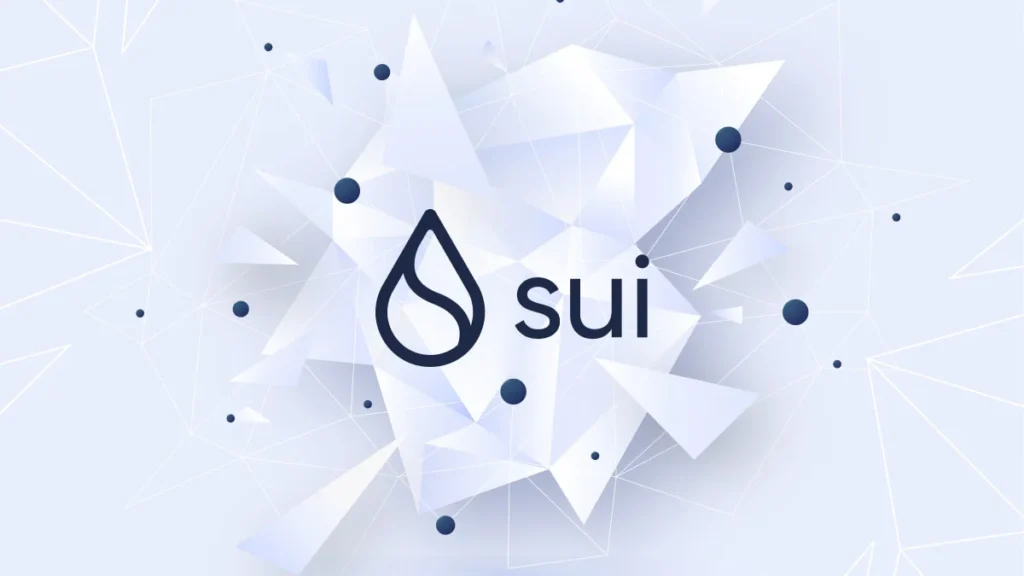The Sui blockchain explores alternative methods, such as radio waves, to enable offline and “internet-less crypto transactions” for unbanked communities.

The uncertainty surrounding the potential consequences of an internet outage is one of the primary objections to crypto-based payments. Will consumers be unable to access their wallets?
This issue is worth troubleshooting, especially in regions frequently affected by electricity shortages or internet connectivity issues.
Nevertheless, this may no longer be an issue, as the Sui blockchain has been investigating “internet-less transactions” to maintain the flow of crypto regardless of the situation.
Andrew Fenton of Cointelegraph interviewed Adeniyi Abiodun, one of the co-founders of Mysten Labs and the developer of Sui, to gain insight into introducing “internet-less” crypto texts to the world.
Transactions conducted offline
Abiodun proposes using mobile networks or radio frequencies to transmit encrypted messages when the Internet is unavailable.
The team has already completed research that enables them to transmit transactions using long-distance radio and the waves under the water, and they have even compressed transactions to a size that can fit in a compact text message. He stated that this was possible.
“We can effectively allow you to transmit transactions using multiple communication channels without the internet as a relay. That matters when you have disaster recovery issues, when you have outages, or when you just have low connectivity areas.”
Abiodun stated that this could be a “compelling” development in the crypto space, particularly regarding unilateral payments. “We refer to it as internet-less transactions.”
According to Abiodun, Sui has already implemented this methodology and is “currently operational.” Currently, the objective is to integrate this into Internet of Things devices, which could also be advantageous for decentralized physical infrastructure (DePIN) initiatives, a topic that Sui is also researching.
A future with DePIN
DePINs have been a rapidly expanding niche of Web3 and the decentralized space, with some insiders predicting they are on the brink of disrupting significant industries such as cloud computing.
Abiodun described the concept of DePINs as “extremely natural.” The greater public will benefit from the collective operation of a public piece of infrastructure, which will also gain rewards over time, thanks to user participation.
“It’s a way to actually fund public infrastructure without a huge economic outbreak. We’ve done it with consumer devices. You could also reverse it out for large enterprises as well.”
Sui proposes using mesh networks to transmit communications if there is no internet or cellular connectivity but GSM is accessible. This may involve the utilization of relay mechanisms, satellites, or radios.
“If I open up a radio channel between two relayers, and I can encrypt a message that can go over radio and one end to the other, it’ll be delivered to your phone directly. I think these are the kind of things we’re looking at, because it gives you new ways to do payments.”
Nevertheless, these internet-free transactions are not limited to payments. “It could be a credit-based system, coupons, rewards, or data-related.”
The Helium Mobile project, endeavoring to establish a decentralized mobile and wireless network, is among the DePIN initiatives currently operating in the space.
In March, Wifi Dabba, an Indian internet service provider, introduced a second batch of DePIN-powered devices on the Solana network to reconcile the digital divide and provide internet access to millions.
Establishing access
Sui’s internet-less transactions and payments symbolize the numerous initiatives that seek to expand access to digital services, including mobile networks and the Internet.
Abiodun stated that financial access has “always been a concern” and is the primary motivator behind the organization’s emphasis on user experience. “We desired to increase the number of users who could access financial services at a reduced cost.”
“If we can reduce the barrier of entry for people who don’t have the internet, then it means that more people can reach, so it’s an obsession of how to reach more people […] The more people that can access, the stronger the network effects you create.”
In other words, there is a need not only to bank the unbanked but also to bank offline.
He stated that Sui is collaborating with Chip Wireless, a Canadian mobile service provider, to evaluate its concepts and is contemplating expanding into target markets, including Africa.
“If there’s a way to use technology to bridge that gap and do that at no cost to people who need it, then look, that’s a great endeavor as a whole.”
